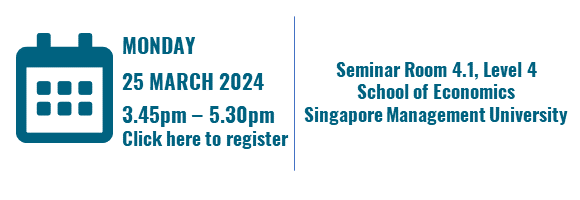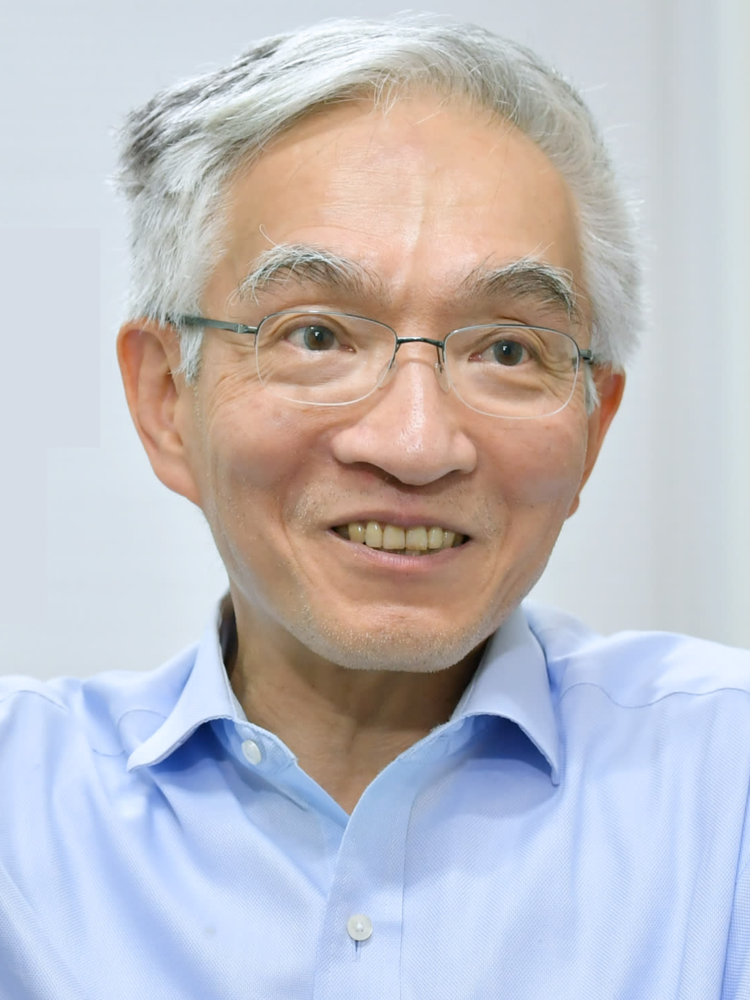| |
 | Intangibles, Inequality and Stagnation We examine how aggregate output and income distribution interact with accumulation of intangible capital over time and across individuals. We consider an over-lapping generations economy in which managerial skill (intangible capital) is essential for production, and it is acquired by young agents through on-the-job training by old managers. We show that, when young trainees are not committed to staying in the same firms, a small difference in initial endowment and ability of young agents leads to a large inequality in accumulation of intangibles and income. Furthermore, a negative shock to endowment or the degree of commitment generates a persistent stagnation and a rise in inequality. |
|
| | | 
| NOBUHIRO KIYOTAKIHarold H. Helm '20 Professor of Economics and Banking Princeton University Kiyotaki is Harold H. Helm '20 Professor of Economics and Banking at Princeton University, and 2023 Fischer Black Visiting Chair in Financial Economics at MIT. He received his Ph.D. from Harvard University. He has published widely in macro and financial economics, including "Monopolistic Competition and the Effects of Aggregate Demand," with Olivier Blanchard in 1987, "On Money as a Medium of Exchange," with Randall Wright in 1989, "Credit Cycles," with John Moore in 1997, “Banking, Liquidity and Bank Runs in an Infinite Horizon Economy” with Mark Gertler in 2015, and “Liquidity, Business Cycles and Monetary Policy” with John Moore in 2019. Kiyotaki also serves as an academic consultant for Federal Reserve Bank of Richmond. Among professional honors, Kiyotaki received 1999 EEA Yrjo Jahnsson Award, 2010 Stephen A. Ross Prize in Financial Economics, and 2021 BBVA Foundation Frontiers of Knowledge Award in the Economics, Finance and Business Management, together with John Moore. Please view the CV here. Please view the paper here. |
|  |
|